Austria is a country located in Central Europe that attracts attention with its rich history and cultural heritage. This federal republic, with Vienna as its capital, consists of nine states, each with its own administrative authority. Austria occupies an important position both for its natural beauty and economic strength. While situated at the heart of Europe, the country also combines modern living with traditional values. The official language of Austria is German, and the country is a member of the European Union and uses the Euro.
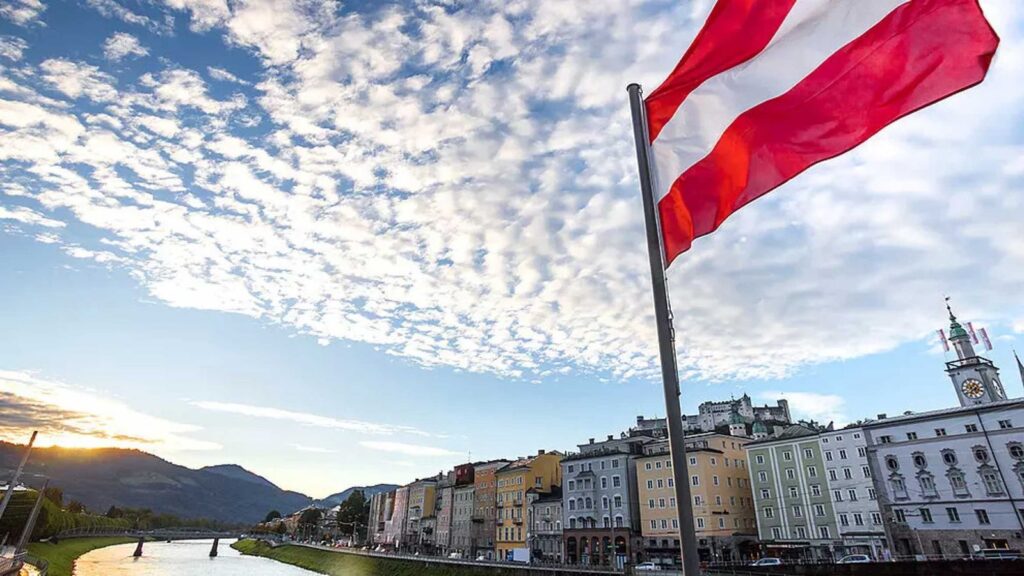
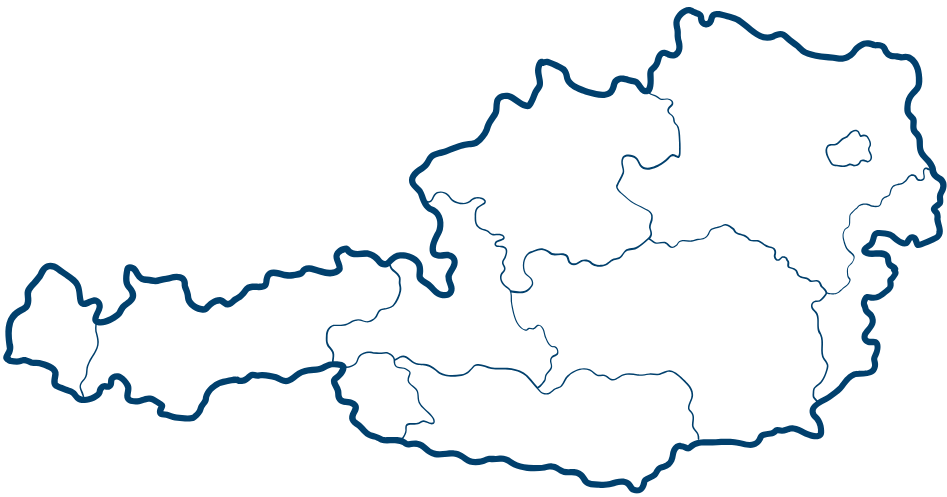
Vienna
Lower Austria
Upper Austria
Salzburg
Tirol
Tirol
Vorarlberg
Carinthia
Styria
Burgenland
Austria stands out for its high standard of living, safe environment, strong economy and environmentally friendly lifestyle. The ease of transportation in Vienna and other cities, cultural richness, and opportunities to live in harmony with nature make living here appealing. Austria is a country that can be chosen for both work and holiday purposes, offering an excellent option for both relaxation and work. If you are also seeking a high-quality life, Austria is waiting for you!
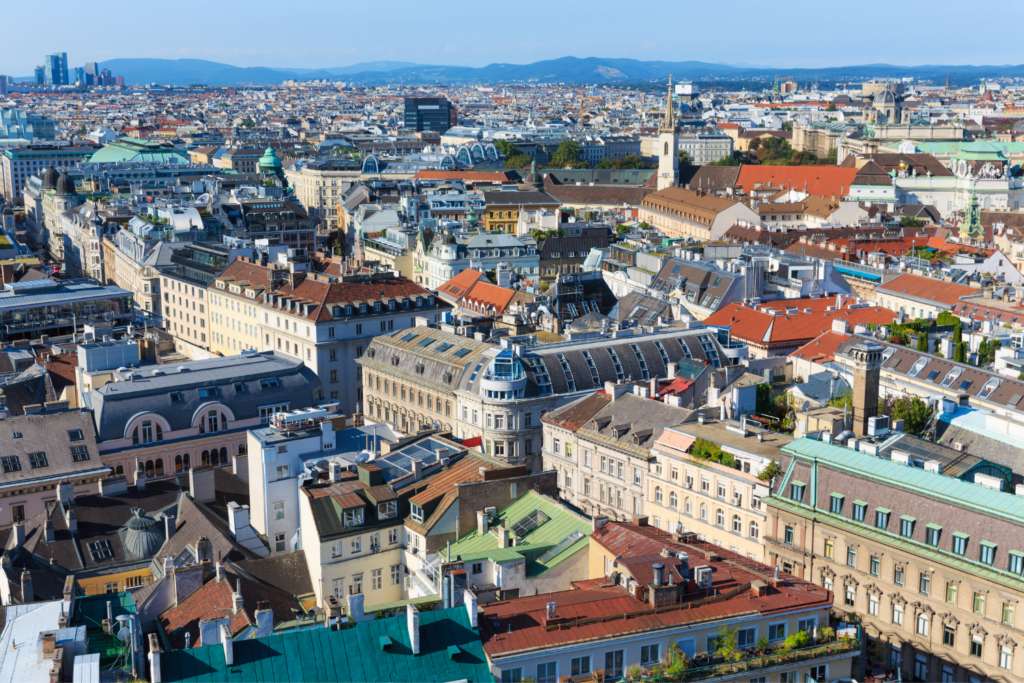
Austria is also a very successful country in terms of security. Ranked as the fifth safest country in the world in recent years, Austria offers a system that guarantees both personal safety and family life. This safe environment makes life in Austria peaceful and calm.
Austria is an attractive country for workers thanks to its high standard of living, strong social security systems and family-friendly policies. The opportunities it offers in every area, from health insurance to education, working life to social life, make living here very appealing.
If you want to live a high-quality life and take your career to the next level, Austria is waiting for you!

Austria attracts attention not only for its historical and cultural heritage, but also for the diversity and quality of its social life. Vienna is world-renowned for its art, music and theatre events. It offers a cultural calendar filled with different concerts, theatre performances and art exhibitions every week. Austria is also known as the cradle of classical music. Wolfgang Amadeus Mozart and Ludwig van Beethoven are among the famous composers who were born in Austria. This heritage is deeply felt throughout the country and makes it possible to live a life intertwined with art in Austria.
Austria is a country rich in social life, offering many advantages ranging from cultural events to family-friendly policies and a lifestyle in harmony with nature. Families enjoy a comfortable life with extensive support for their children, while nature lovers encounter countless beauties and opportunities to explore.
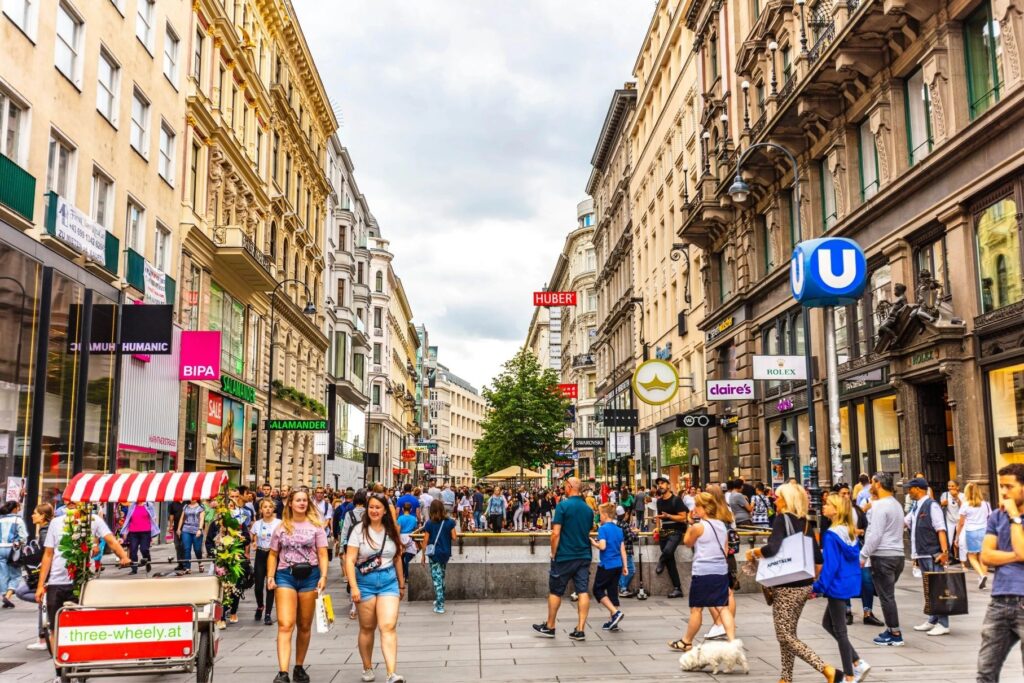
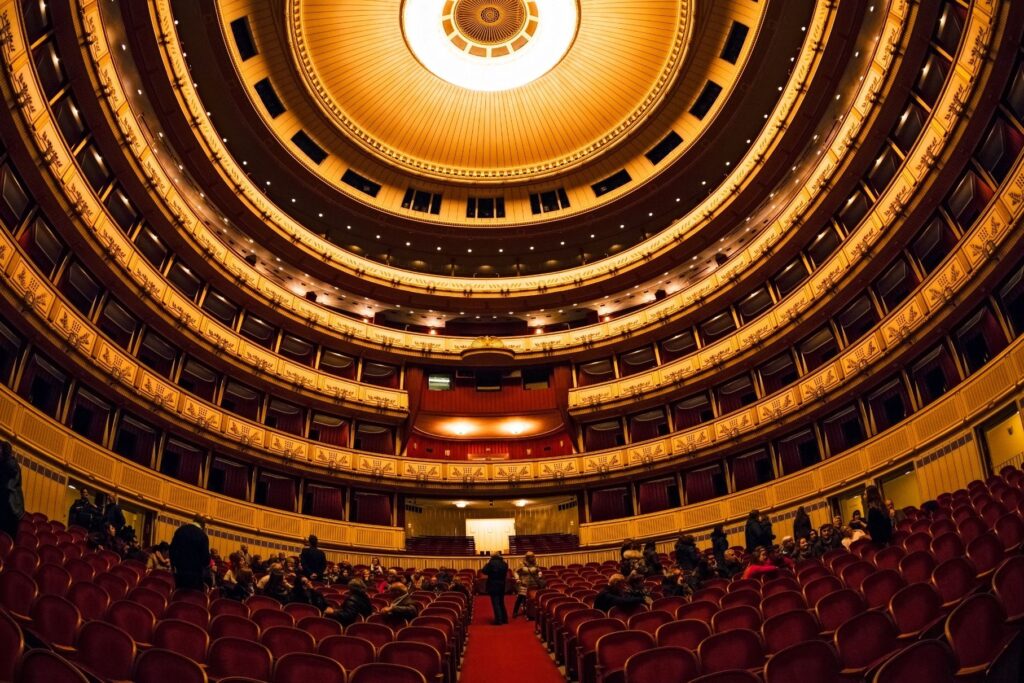
Vienna is a city synonymous with opera, theatre and classical music, and the events held here every year are a celebration for art lovers. Music and theatre enthusiasts can always find something new to discover in this city. Austria attracts people of all ages with its rich culture. Art galleries, museums and cultural festivals throughout the country offer visitors a unique cultural experience.

Vienna is a city synonymous with opera, theatre and classical music, and the events held here every year are a celebration for art lovers. Music and theatre enthusiasts can always discover something new in this city. Austria attracts people of all ages with its rich culture. Art galleries, museums and cultural festivals throughout the country offer visitors a unique cultural experience.
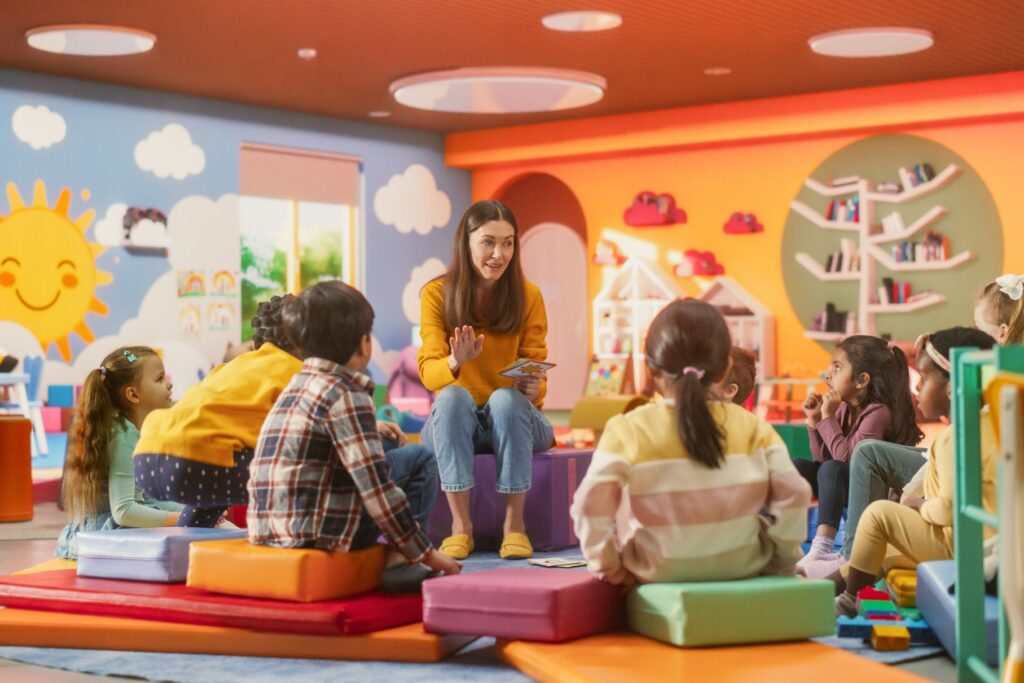
Austria offers significant support for childcare. Municipal nurseries provide free services throughout the country. In addition, 80% of the fees for private nurseries are covered by the state, making it easier for parents to balance their work and private lives. The fact that pregnancy, childbirth and child health services are free makes Austria a comfortable and supportive place for parents.
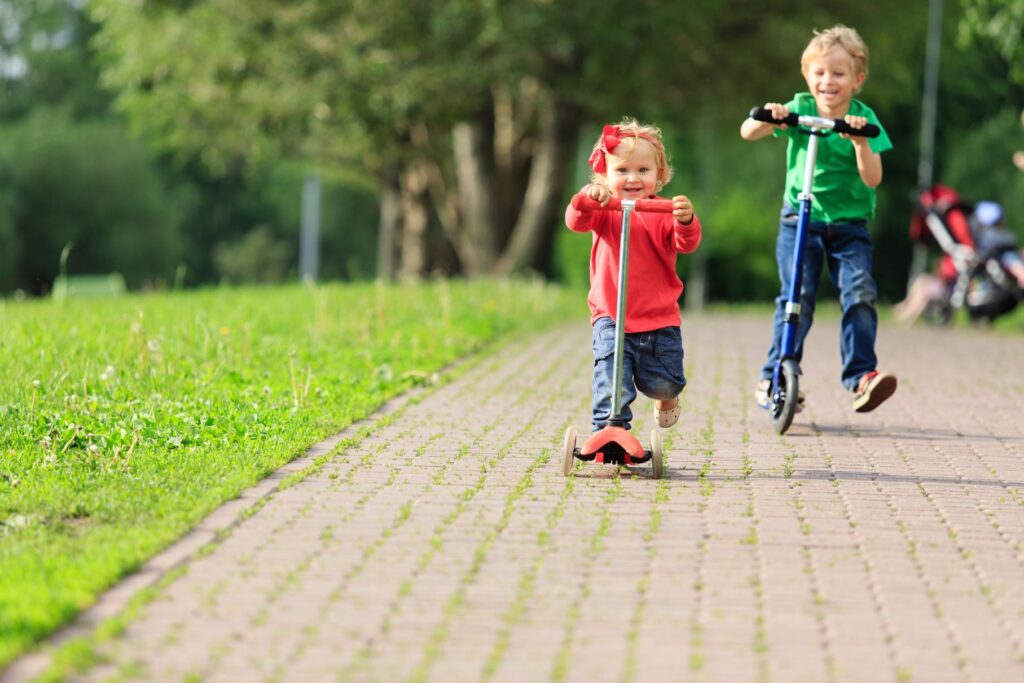
Austria offers countless playgrounds, parks and social activities for children. These activities contribute to children’s development while also making it easier for families to participate in social life. Every aspect of Austria’s social structure supports families in enjoying a pleasant and fulfilling life with their children.
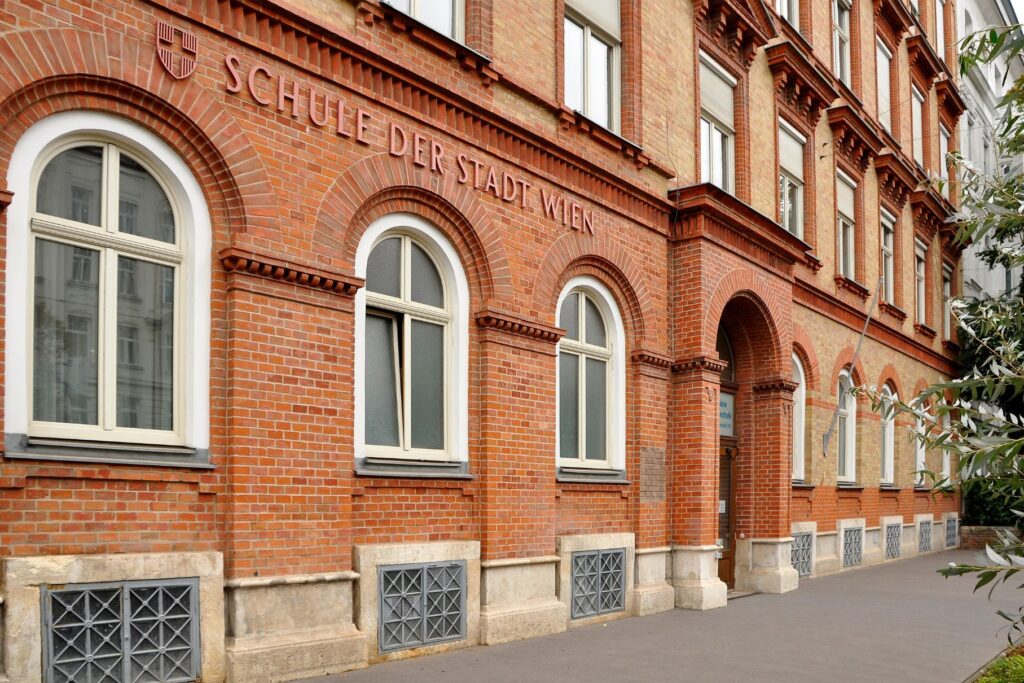
The quality of education in Austria is very high. State schools are free and enriched with foreign language teaching and special education programmes. Many schools offer bilingual education, which is very convenient for foreign students and makes Austria’s education system even more attractive. Education is not limited to schools; it is supported by parks, playgrounds and social activities for children.
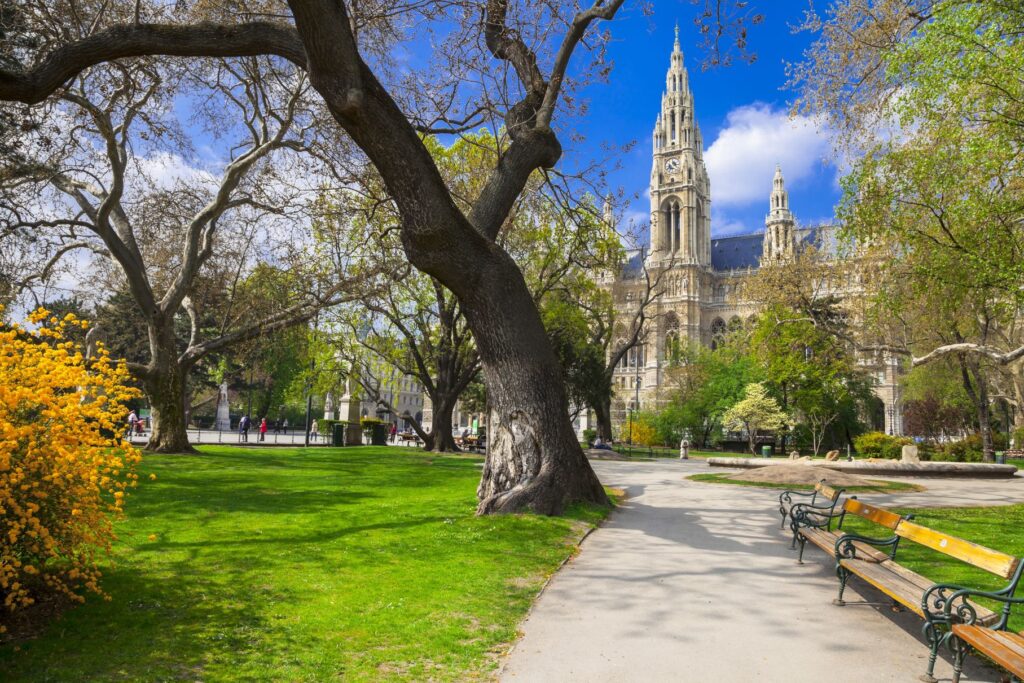
Austria offers a lifestyle intertwined with nature, adding a unique dimension to social life. Just a short distance from the heart of Vienna, you can reach the breathtaking views of the Alps. The Alps, lakes and national parks offer unique opportunities for nature lovers. Activities such as winter sports, mountain biking and hiking trails combine with Austria’s natural riches to offer countless options for those who want to spend time outdoors in every season of the year.
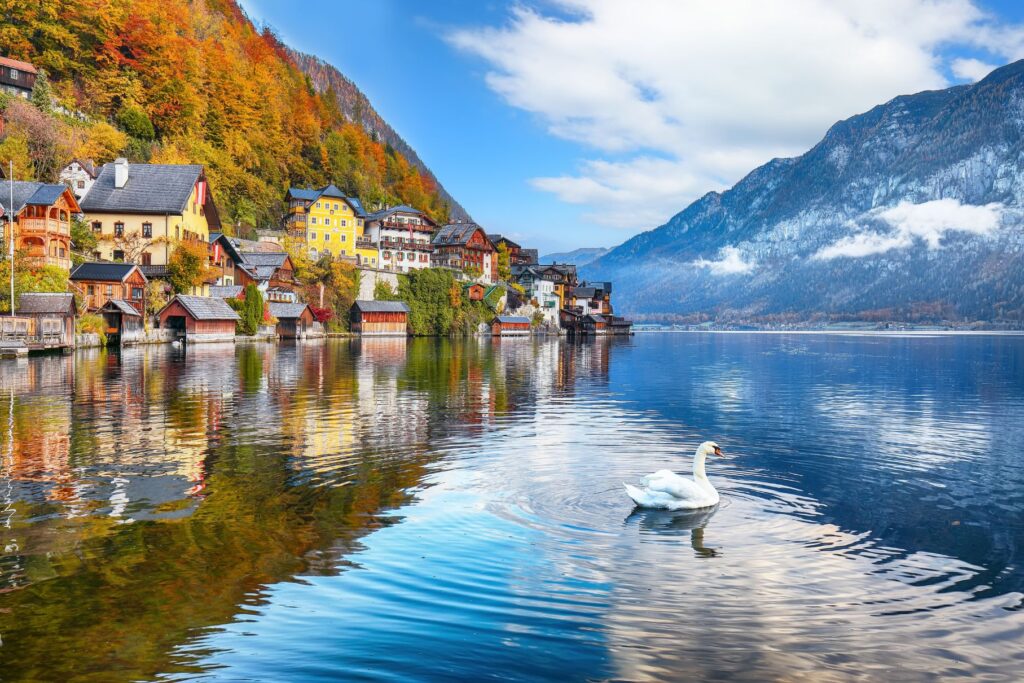
The Alps’ impressive mountain scenery, tranquil lakes and vast national parks are a true paradise for nature lovers. These natural areas offer unique opportunities for those interested in outdoor activities, while also enriching social life in Austria. Events such as concerts and festivals held in the Alps offer both cultural and natural experiences.
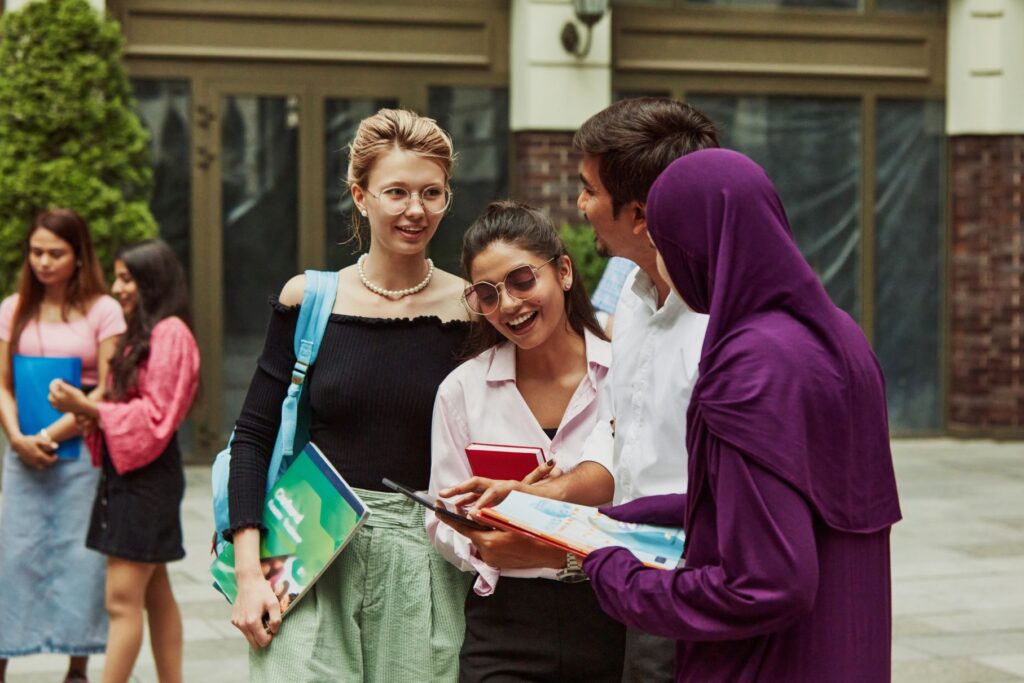
With its history of immigration and open social structure, Austria is home to one of Europe’s most remarkable multicultural societies. In large cities such as Vienna, Graz and Linz in particular, communities from different ethnic backgrounds live side by side, enriching social life.
The Turkish community, one of the most established immigrant groups in Austria, makes significant contributions to cultural life and the economy. There is a significant Turkish-speaking population in the country, which makes it possible to organise concerts, theatre performances, literary events and traditional festivals in Turkish. These events enable the Turkish community to keep its cultural heritage alive and interact with other cultural groups.
At the same time, Bosnian, Serbian, Croatian, Romanian, Polish and Czech communities are also an active part of social life in Austria. While these groups organise their own cultural events, mutual tolerance and interaction develop in shared living spaces. Multicultural festivals held in Vienna are important events that showcase different cuisines, music and traditions. In addition, Austria’s education system and public policies are notable for their structure that encourages intercultural dialogue.

Vienna is a city synonymous with opera, theatre and classical music, and the events held here every year are a celebration for art lovers. Music and theatre enthusiasts can always discover something new in this city. Austria attracts people of all ages with its rich culture. Art galleries, museums and cultural festivals throughout the country offer visitors a unique cultural experience.

Vienna is a city synonymous with opera, theatre and classical music, and the events held here every year are a celebration for art lovers. Music and theatre enthusiasts can always discover something new in this city. Austria attracts people of all ages with its rich culture. Art galleries, museums and cultural festivals throughout the country offer visitors a unique cultural experience.
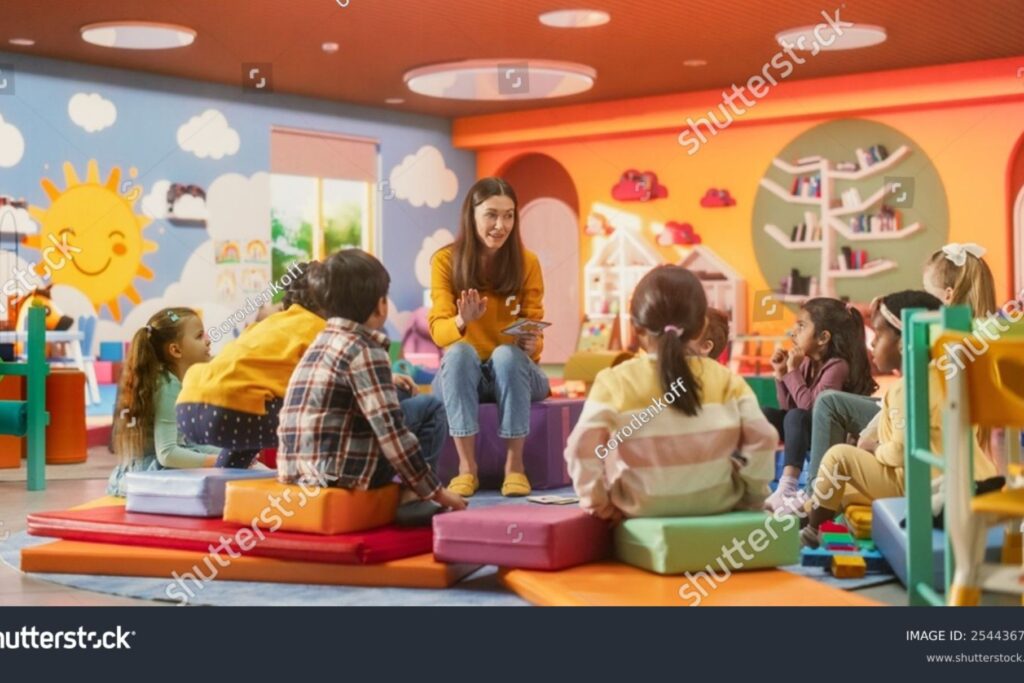
Austria offers significant support for childcare. Municipal nurseries provide free services throughout the country. In addition, 80% of the fees for private nurseries are covered by the state, making it easier for parents to balance their work and private lives. The fact that pregnancy, childbirth and child health services are free makes Austria a comfortable and supportive place for parents.

Austria offers countless playgrounds, parks and social activities for children. These activities contribute to children’s development while also making it easier for families to participate in social life. Every aspect of Austria’s social structure supports families in enjoying a pleasant and fulfilling life with their children.

The quality of education in Austria is very high. State schools are free and enriched with foreign language teaching and special education programmes. Many schools offer bilingual education, which is very convenient for foreign students and makes Austria’s education system even more attractive. Education is not limited to schools; it is supported by parks, playgrounds and social activities for children.

Austria offers a lifestyle intertwined with nature, adding a unique dimension to social life. Just a short distance from the heart of Vienna, you can reach the breathtaking views of the Alps. The Alps, lakes and national parks offer unique opportunities for nature lovers. Activities such as winter sports, mountain biking and hiking trails combine with Austria’s natural riches to offer countless options for those who want to spend time outdoors in every season of the year.

The Alps’ impressive mountain scenery, tranquil lakes and vast national parks are a true paradise for nature lovers. These natural areas offer unique opportunities for those interested in outdoor activities, while also enriching social life in Austria. Events such as concerts and festivals held in the Alps offer both cultural and natural experiences.

With its history of immigration and open social structure, Austria is home to one of Europe’s most remarkable multicultural societies. In large cities such as Vienna, Graz and Linz in particular, communities from different ethnic backgrounds live side by side, enriching social life.
The Turkish community, one of the most established immigrant groups in Austria, makes significant contributions to cultural life and the economy. There is a significant Turkish-speaking population in the country, which makes it possible to organise concerts, theatre performances, literary events and traditional festivals in Turkish. These events enable the Turkish community to keep its cultural heritage alive and interact with other cultural groups.
At the same time, Bosnian, Serbian, Croatian, Romanian, Polish and Czech communities are also an active part of social life in Austria. While these groups organise their own cultural events, mutual tolerance and interaction develop in shared living spaces. Multicultural festivals held in Vienna are important events that showcase different cuisines, music and traditions. In addition, Austria’s education system and public policies are notable for their structure that encourages intercultural dialogue.
Austria stands out for its strong educational infrastructure and offers high-quality education for children. State schools are free of charge, making them the most popular choice for families. Education in Austria supports children from an early age and offers a variety of opportunities for all age groups. It is not limited to the transfer of academic knowledge, but also provides a process that supports students’ individual development. Austria prepares students for a strong future by providing them with a quality education that strengthens them both academically and in terms of social skills.
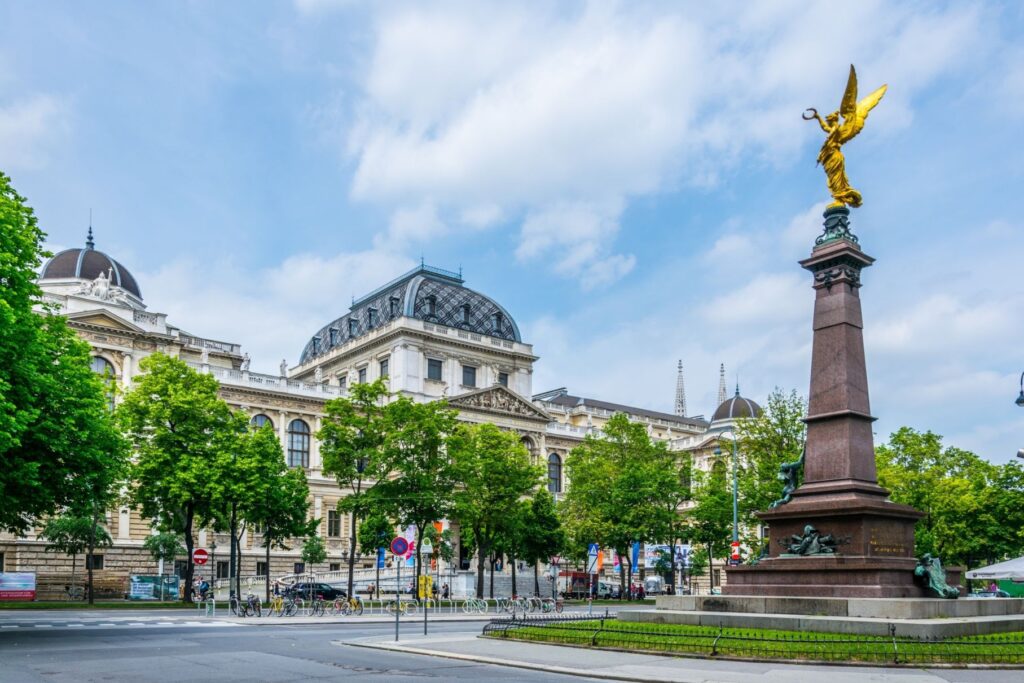
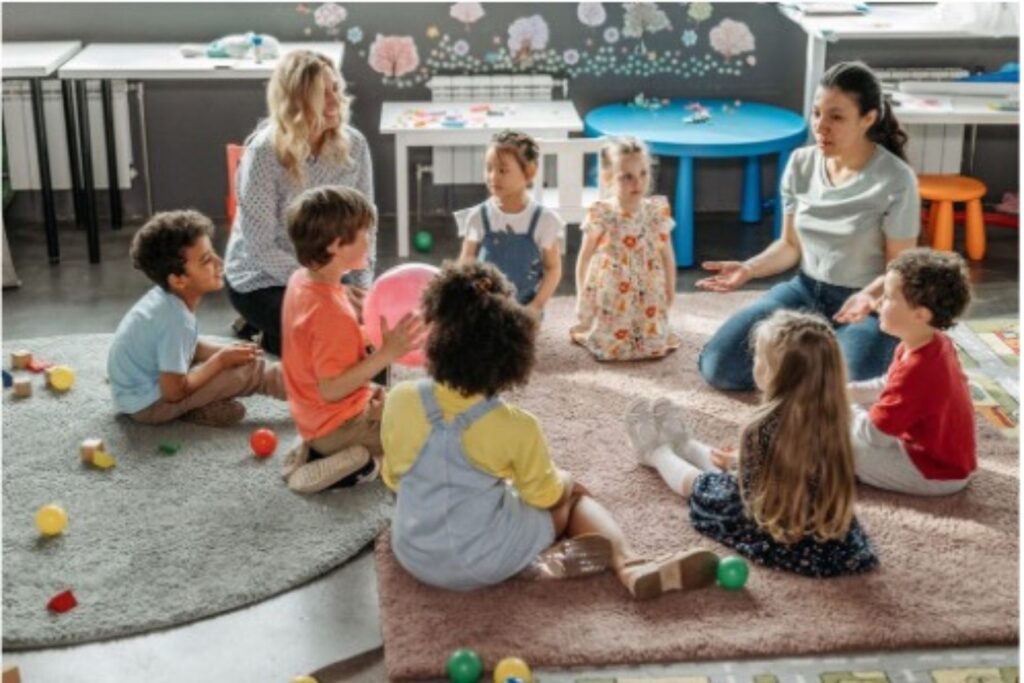
Pre-school education in Austria plays an important role in ensuring that children get a healthy start to their education. Municipal kindergartens are free of charge and children usually start attending them at the age of three. This helps parents to better balance their work and private lives. Additionally, with the government providing 80% support, private kindergartens also become accessible to families. This ensures that children in Austria receive a quality education from an early age.
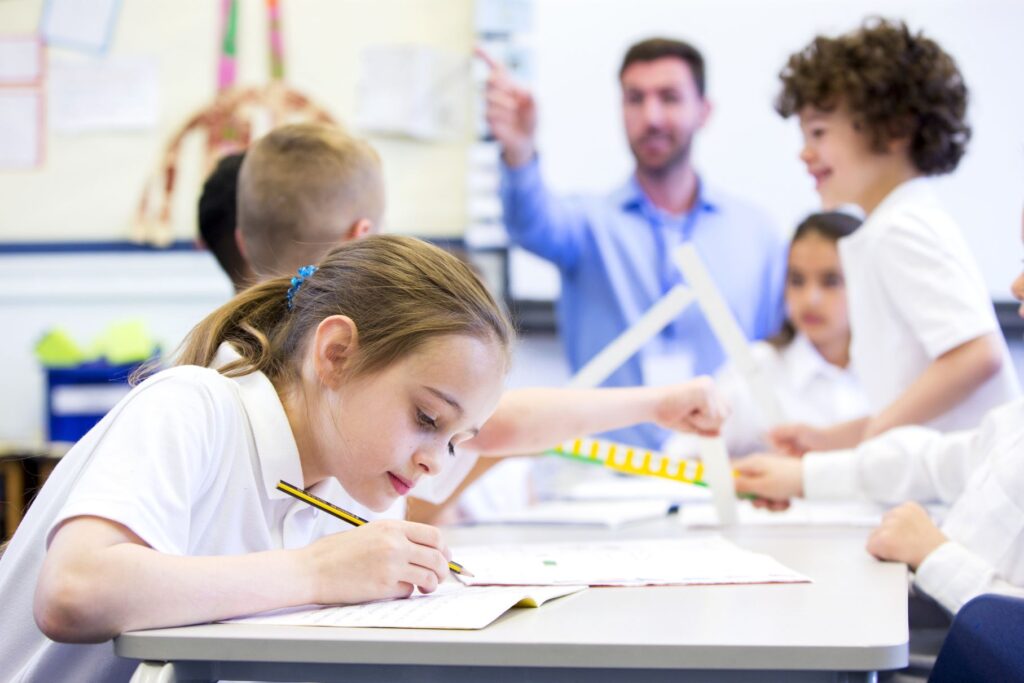
Education in Austria begins with compulsory primary school education at the age of 6 and continues for 9 years. Primary education lasts for 4 years and then students move on to secondary school. In secondary school, students can choose between different programmes that focus on academic or vocational skills.
In secondary education, students tend to enrol in Gymnasium schools, where they receive a more academic education, while schools offering vocational education are also quite common. These schools enable students to transition more quickly into the labour market. The Austrian education system provides students with not only academic knowledge but also practical skills, giving them a solid foundation for their future careers.
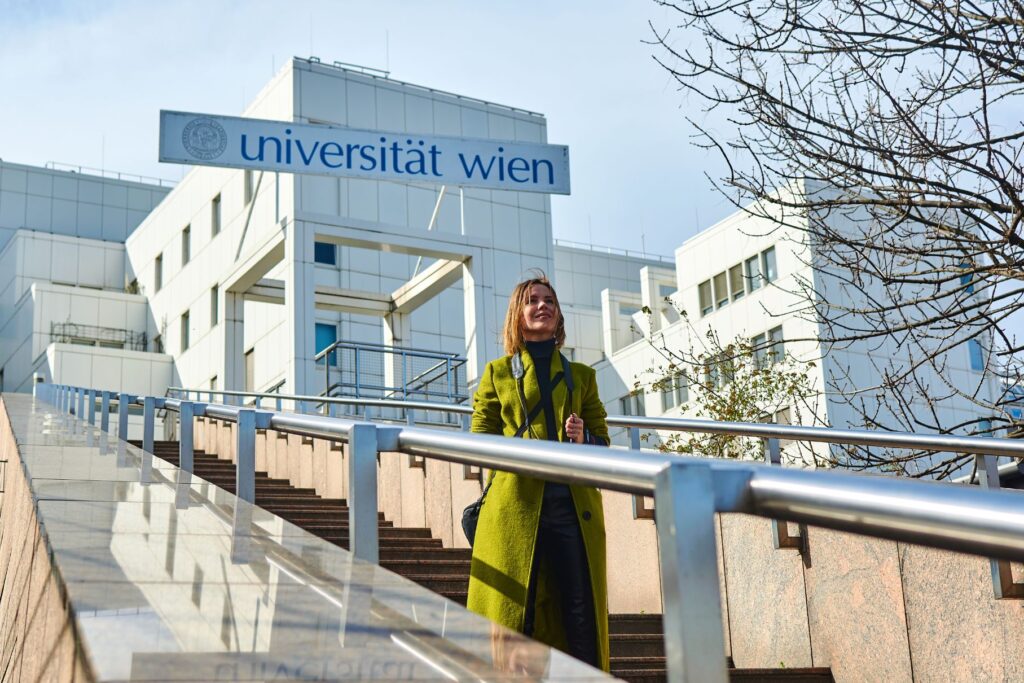
Austria has a well-established higher education system and its universities are renowned worldwide. Universities in major cities such as Vienna, Innsbruck and Salzburg offer attractive educational opportunities for both local and foreign students.
State universities in Austria attract attention with their low tuition fees and are among the most affordable higher education options in Europe. This makes Austria an attractive option for foreign students who want to study. Universities offer students comprehensive development opportunities not only through academic education but also through cultural and social activities.

Austria is also quite comprehensive in terms of foreign language education. The demand for foreign languages such as English is increasing day by day, especially in large cities. Many schools and universities offer various foreign language programmes to equip students with language skills that will enable them to compete at an international level. This makes Austria an ideal country for students who want to learn languages and pursue an international career.
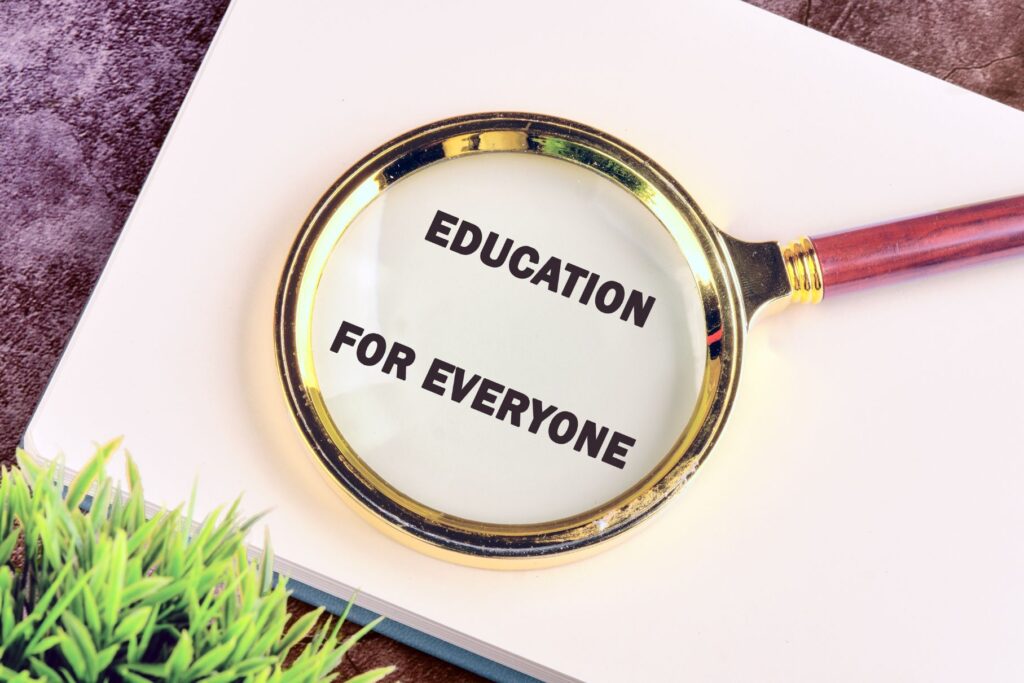
Austria aims to ensure equal opportunities in education and provides significant support to families. Municipal kindergartens are free of charge for pre-school education. In addition, the state provides all the necessary equipment for children to start their education. As a result, every student who wants to study in Austria can take firm steps towards their future with the support they need.

Pre-school education in Austria plays an important role in ensuring that children get a healthy start to their education. Municipal kindergartens are free of charge and children usually start attending them at the age of three. This helps parents to better balance their work and private lives. Additionally, with the government providing 80% support, private kindergartens also become accessible to families. This ensures that children in Austria receive a quality education from an early age.

Education in Austria begins with compulsory primary school education at the age of 6 and continues for 9 years. Primary education lasts for 4 years and then students move on to secondary school. In secondary school, students can choose between different programmes that focus on academic or vocational skills.
In secondary education, students tend to enrol in Gymnasium schools, where they receive a more academic education, while schools offering vocational education are also quite common. These schools enable students to transition more quickly into the labour market. The Austrian education system provides students with not only academic knowledge but also practical skills, giving them a solid foundation for their future careers.

Austria has a well-established higher education system and its universities are renowned worldwide. Universities in major cities such as Vienna, Innsbruck and Salzburg offer attractive educational opportunities for both local and foreign students.
State universities in Austria attract attention with their low tuition fees and are among the most affordable higher education options in Europe. This makes Austria an attractive option for foreign students who want to study. Universities offer students comprehensive development opportunities not only through academic education but also through cultural and social activities.

Austria is also quite comprehensive in terms of foreign language education. The demand for foreign languages such as English is increasing day by day, especially in large cities. Many schools and universities offer various foreign language programmes to equip students with language skills that will enable them to compete at an international level. This makes Austria an ideal country for students who want to learn languages and pursue an international career.

Austria aims to ensure equal opportunities in education and provides significant support to families. Municipal kindergartens are free of charge for pre-school education. In addition, the state provides all the necessary equipment for children to start their education. As a result, every student who wants to study in Austria can take firm steps towards their future with the support they need.